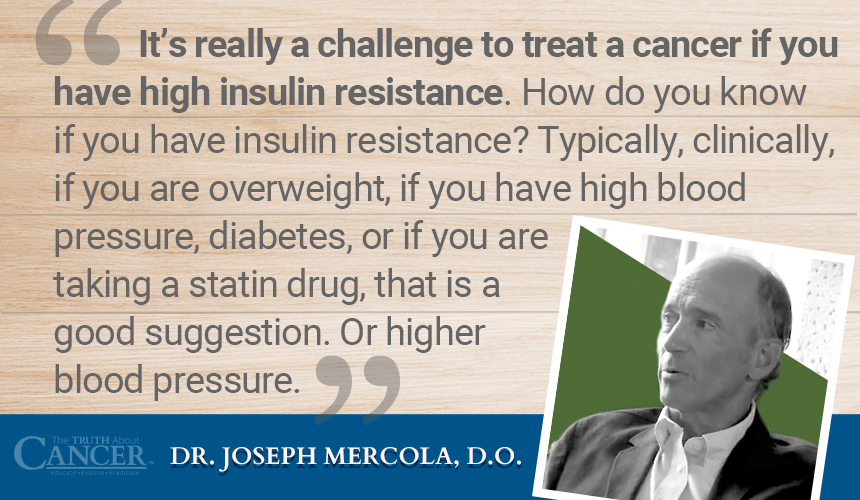Video Transcript: Dr. Mercola on the Ketogenic Diet and Cancer
Ty Bollinger: Dr. Mercola, the ketogenic diet is a very popular diet as far as losing weight. It also can be good as far as cancer is concerned, in many people’s opinion. But what’s your take on the ketogenic diet and cancer?
Dr. Joe Mercola: Well, I believe it has great value, and in my view should be seriously considered as an adjunctive therapy in the treatment of most malignancies. And you might say, “Well, why?” Because of the basic understanding that we have of the physiology of cancer cells. Otto Warburg was awarded a Nobel prize, I believe in the 30s, for the understanding that the primary fuel for cancer cells is glucose, or sugar.
Our non-cancerous cells have the ability to use glucose or fat. Those are the two primary fuels. And cancer cells seem to have lost this ability. The unfortunate challenge in contemporary Western countries is that most of us are not very well adapted to burning fat effectively, and this is an artifact of the way we eat and the timing of the food that we eat.
Primarily, it is both. Many people don’t understand the timing. We’ll talk about the timing in a moment.
The problem is that we eat regularly, pretty much three meals a day, and then snacks in between, and about the only time we aren’t eating is when we’re sleeping. So our body can store sugar as glycogen in our muscles and in our liver, and we have about a 12-hour supply, some people less, some people a little bit more, but in that range. Not a very long supply. Whereas our fat stores can last us for months.
So if we’re given sugar all the time and we have that fuel available, then there is really limited reason for our body to have the ability to burn fat. So it suppresses those enzymes and then we just eventually forget how to burn fat efficiently or effectively.
So when we shift our diet, primarily through restricting processed foods and especially processed sugars, and change the timing of the food so we have these regular periods where we are not eating for a while, something called intermittent fasting, then we up-regulate those enzymes that burn fat, and then we can really shift away from having high levels of sugar in our blood which also has the additional benefit of improving insulin resistance. And insulin resistance, many experts believe, may be at the core of many of these degenerative disease and many malignancies.
So it’s really a challenge to treat a cancer if you have high insulin resistance. How do you know if you have insulin resistance? Typically, clinically, if you are overweight, if you have high blood pressure, diabetes, or if you are taking a statin drug, that is a good suggestion. Or higher blood pressure.

Ty Bollinger: And how many—that’s like 70% of people.
Dr. Joe Mercola: Well, it’s about 70 to 80%. And the other way to know for sure, objectively, is to draw a fasting blood insulin—not blood sugar, but blood insulin level. If that is below three then you are fine. If it is above four or five then you probably have it, and the higher it is the worse it is.
A simple test to do, very inexpensive, available at any commercial lab across the world. And to me, it should be the standard of care in the treatment of anyone with a malignancy to understand what your fasting insulin level is and to control that.
Because if your fasting insulin level is low that’s going to be highly correlated with your body’s ability to effectively metabolize fat as a primary fuel, and that is what you want, to be able to have that metabolic flexibility. To be able to burn fat or sugar, not just be able to rely on sugar. Because that is going to potentially, more than likely, feed into the growth and acceleration of the malignant cells.




















Any recommendations for a 22 year old woman recently diagnosed with DIPG brain tumor? Do you feel as though Soul and Core by Rain International is something that can help?
I used Soul, seed nutrition to help me overcome my thyroid cancer along with a plant based diet. The outcome, was more then I expected, when sonogram came back negative! Cancer was gone!
Sincerely,
Barbara Mills